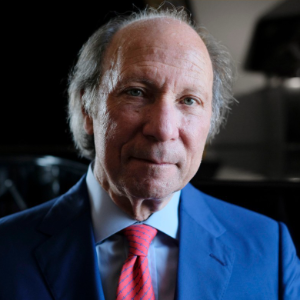Title : ONE HEART, ONE MIND, ONE PLANET: Behavioral Cardiology - The Elephant in Your Living Room
Abstract:
A very large empirical database supports the field known variously as behavioral cardiology, cardiac psychology and psychocardiology. A PubMed search of the terms “psychosocial factors and cardiovascular disease (CVD)” yields more than 60,000 citations. In 2021, the American Heart Association issued a scientific statement endorsing the importance of such psychosocial factors for CVD as depression, anxiety, social isolation, work stress, anger and posttraumatic stress disorder. Recent research has reported that lifestyle change along with medication is as safe and effective for stable coronary artery disease (CAD) as the more invasive strategy of percutaneous coronary intervention (PCI) with stent placement, hitherto a mainstay of cardiac intervention. CAD is a disorder with a major lifestyle component: a heart healthy diet (optimally, whole foods plant based), regular exercise, cigarette cessation, and management of psychosocial factors are critical for both the onset and outcome from CAD. Psychosocial intervention in a group therapy format has been shown to improve psychosocial and cardiac risk factors, as well as reduce recurrent cardiac events.
The audience will learn:
- The importance of psychosocial factors for the onset and outcome of CVD
- Understand which psychosocial factors have been empirically linked with CVD
- Improve the efficacy of their practices by including assessment and referral for adverse psychosocial factors
- Possibly develop intervention strategies/clinical trials in behavioral cardiology



